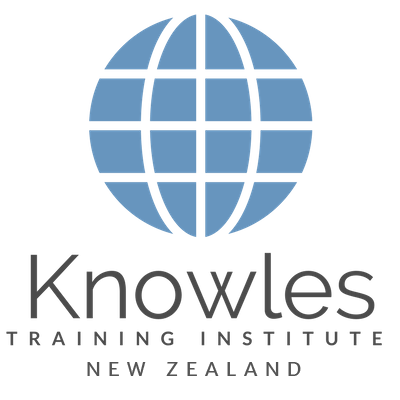Skip to content
Active RecallIntern1bksiuevej76kHhK2023-07-17T10:59:44+08:00
Active Recall
Boosting Learning Efficiency with Active Recall: Unleash Your Potential
- Active Recall and Visual Memory: Active recall enhances visual memory. By actively retrieving and mentally visualizing information, learners improve their ability to create vivid mental images, aiding in memory encoding and retrieval.
- Active Recall in Language Acquisition: Active recall accelerates language acquisition. By actively recalling vocabulary, grammar rules, and sentence structures, learners strengthen their language proficiency and enhance their communication skills.
- Active Recall for Conceptual Transfer: Active recall facilitates conceptual transfer. By actively retrieving and applying knowledge to different contexts or domains, learners develop the ability to transfer their understanding and apply concepts in new and unfamiliar situations.
- The Relationship between Active Recall and Cognitive Flexibility: Active recall promotes cognitive flexibility. By actively retrieving and manipulating information, learners develop adaptability, mental agility, and the capacity to switch between different cognitive tasks.
- Interrogative Elaboration: Active recall prompts individuals to generate questions and engage in interrogative elaboration. By actively seeking answers and explanations during retrieval, learners deepen their understanding and reinforce memory storage.
- Active Recall and Emotional Engagement: Active recall enhances emotional engagement with the material. By actively retrieving and reflecting on information that resonates with personal experiences or values, learners form emotional connections that facilitate memory consolidation and retrieval.
- Active Recall for Creative Expression: Active recall sparks creative expression. By actively retrieving and integrating knowledge from different sources, learners generate new ideas, perspectives, and insights that fuel their creativity.
- Active Recall and Time Management: Active recall improves time management skills. By engaging in focused and targeted retrieval practice, learners optimize their study time, prioritize information, and allocate resources effectively.
- Active Recall and Reflective Writing: Active recall pairs well with reflective writing. By actively retrieving information and writing reflective responses or summaries, learners deepen their understanding, clarify their thoughts, and reinforce memory retention.
- Active Recall and Mindfulness: Active recall promotes mindfulness in learning. By actively engaging with the present moment during retrieval practice, learners cultivate awareness, focus, and attention, enhancing their overall learning experience.
Page load link


